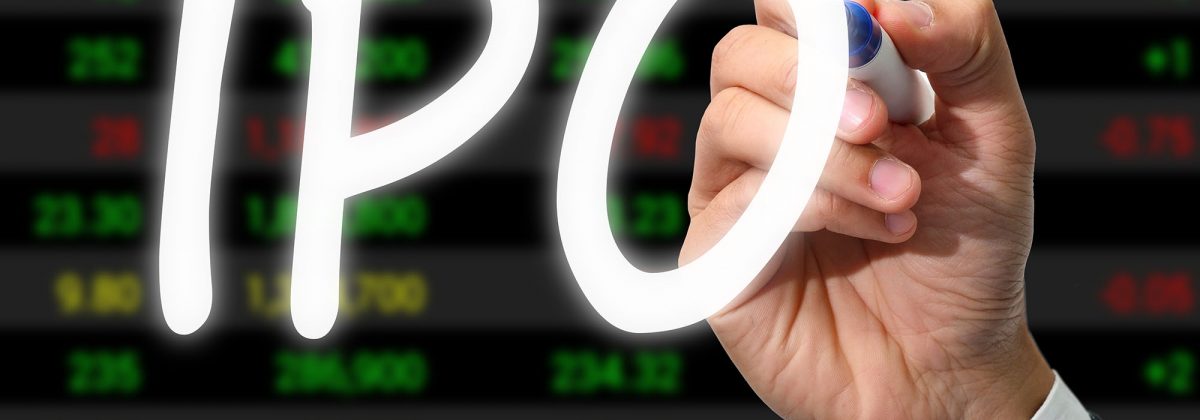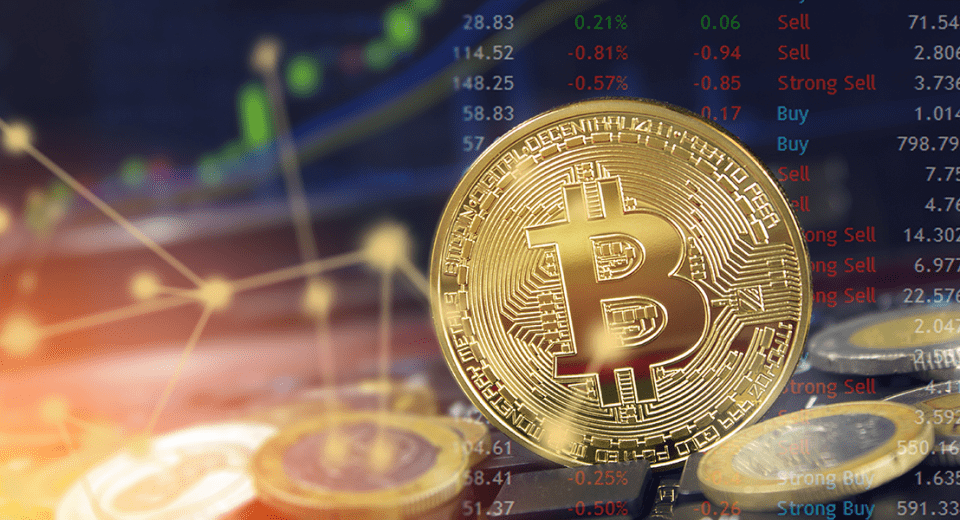Initial Public Offerings (IPOs) have been the most popular and effective way for businesses to raise funds for a couple of centuries now. Of course, IPOs also mean a transition of the business ownership from being private to public. That’s given that everyone who buys shares in the company gets an equivalent ownership stake. On the other hand, by selling shares, the company gets access to cash for its various financing needs.
The amount of money generated through the issuing of shares via an IPO is completely dependent on the demand and the market. A potential investor will first research the company to learn more about its track record and future potential before deciding to purchase its stock. After all, the reason shares are being bought is that investors hope to gain from their ownership of a specific stock.
And, there have been some IPOs that were so attractive to investors that they ended up raising record-breaking amounts of money. And, most of these IPOs have been in the tech sector. Here’s a look at the top 5 IPOs of all time.
1. Alibaba Group
The ecommerce giant, Alibaba Group, was unknown outside China at the time it went public in September 2014. But the tech conglomerate saw a huge spike in popularity when its IPO generated a whopping US$25 Billion, which made it the largest IPO for a company in the entire history of IPOs. On the first day of trading on the New York Stock Exchange (NYSE), the company’s stock price rose 38%, taking the company’s market cap to around US$238 billion.
Alibaba’s performance as a public company in the first few years was not as good as expected, but things completely turned around in 2017. Its share price doubled in August 2017, which made Alibaba Group the first Asian company to reach a market cap of US$400 billion.
In January 2018, the company received the prestigious title of being the second Asian company, after Tencent, to reach a market cap of US$500 billion, albeit for a brief period. As of April 2019, the company has a market cap of US$494 billion, which is roughly twice the size of its market cap at the launch of its IPO.
2. Facebook
Facebook’s IPO had attracted a lot of attention when it was first announced. A few weeks before the debut of its shares on NASDAQ, there was a lot of media coverage on the California-based social giant’s IPO. However, in May 2012, all this excitement turned into public anger when several technical glitches associated with the IPO came to light. In the days following this revelation, several lawsuits were filed against the company based on allegations that it hid important financial information from potential shareholders.
Facebook’s reputation as a Silicon Valley powerhouse, however, drove its IPO to raise a whopping US$16 billion, giving the company a market cap of more than US$104 billion, despite all the controversies.
Although the company faced very difficult times during its first year of going public, the decrease in its IPO price from US$38 per share corrected itself in a year and the company has seen growth ever since.
Today, Facebook is among the most valued companies in the world, with a market cap that exceeds US$530 billion. This has been made possible by its rapid growth through the mobile app as well as revenue generated from ads.
3. Snapchat
The parent company of Snapchat, Snap Inc., held its much hyped IPO on March 2, 2017. At the launch of the company’s IPO, Snapchat’s CEO, Evan Spiegel, sent out a clear message to potential shareholders that the platform did not aim to make profits and there was no guarantee of generating high revenues in the future. Despite this cautionary statement, Snap Inc. had a great first day of trading on the NYSE, with its shares rising 44%, generating a total of US$3.4 billion and taking the company’s market cap to US$28.3 billion by the end of the day.
But early investors, who were hoping that Snapchat would follow in the footsteps of other successful Silicon Valley startups like Facebook and Google, were in for a major disappointment. Nearly two months after it transformed from a private to a public company, Snap Inc. announced the results for the first quarter of 2017, which included losses of US$2.2 billion. This led to the company’s share price plummeting from US$23 to US$17.
Currently, Snapchat is in a difficult position due to several developments that have occurred since its IPO. A negative tweet by Kylie Jenner shaved off US$1.3 Billion from its market value and reversed its rate of growth. Growing competition from market rivals, such as Instagram, means that the path ahead is going to be tricky.
4. General Motors
Automobile giant General Motors made its debut on the NYSE on November 16, 2010, after recovering from bankruptcy, which it had filed in 2009. The company was able to raise US$20.1 billion. The company sold 478 million common shares at a price of US$33 each, raising a total US$15.77 billion while preferred shares amounted to US$4.35 billion. GM’s underwriters exercised their option on an additional 71.7 million shares, worth US$2.37 billion.
This is considered the largest IPO for a US-based company. At present, the company owns Buick, Cadillac, GMC and Chevrolet.
5. VMWare
EMC Corporation acquired VMWare, a data and analytics company in 2004 for US$625 million. After three years, EMC sold 15% of its stake in VMWare through an IPO that helped the former raise US$1 billion. Subsequently, in 2016, Dell acquired EMC in a deal that changed VMWare into a publicly traded subsidiary of Dell. VMWare has seen steady growth in recent years, with the company recording a market cap of around US$50 billion as of April 2019.
Reference Links





